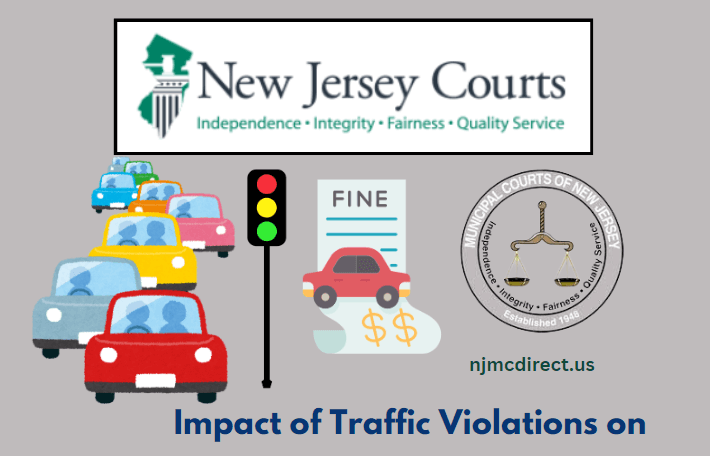Traffic violations can have significant repercussions beyond the immediate fines and penalties. Understanding how these infractions affect your driving record and insurance rates is crucial for all drivers. In this article, we’ll explore the implications of traffic violations, what they mean for your driving record, and how they can influence your insurance premiums.
What Is a Driving Record?

Your driving record is a comprehensive account of your driving history, maintained by your state’s Department of Motor Vehicles (DMV). It includes:
- Traffic violations (speeding tickets, DUIs, etc.)
- Accidents and their outcomes
- License suspensions or revocations
- Points accumulated against your license
How Traffic Violations Affect Your Driving Record
When you receive a traffic ticket, it typically results in points being added to your driving record. The point system varies by state, but generally:
- Minor Violations (e.g., failing to signal): 2-3 points
- Moderate Violations (e.g., speeding): 4-6 points
- Serious Violations (e.g., reckless driving, DUIs): 6-8 points
Accumulating too many points can lead to severe consequences, such as:
- License Suspension: Depending on your state’s laws, reaching a certain point threshold can lead to a suspension of your driving privileges.
- Increased Scrutiny: A poor driving record may result in additional scrutiny from law enforcement, making you more susceptible to future tickets.
The Impact on Insurance Rates
Insurance companies assess risk based on your driving history. Here’s how traffic violations can affect your premiums:
a. Initial Rate Increase
When you are cited for a traffic violation, your insurance company may increase your rates during the next renewal period. The amount can vary significantly based on:
- The severity of the violation
- Your previous driving history
- The policies of your specific insurance provider
b. Long-Term Effects
- Serious Violations: Tickets for serious offenses (like DUI) can lead to long-lasting impacts on your premiums, often staying on your record for several years.
- Point Accumulation: The more points you accumulate, the higher the potential for increased rates. In some cases, a significant number of points may lead to being classified as a high-risk driver.
Steps to Mitigate the Impact
If you find yourself facing a traffic violation, there are steps you can take to minimize its impact:
a. Traffic School
Many states offer traffic school as an option for certain violations. Completing a state-approved traffic safety course can lead to:
- Point reduction from your record
- A potential discount on your insurance rates
b. Paying the Fine and Pleading Options
- Guilty Plea: Accepting responsibility for the violation and paying the fine will add points to your record.
- Contest the Ticket: If you believe you were wrongly cited, contesting the ticket can help you avoid points altogether.
c. Regularly Check Your Driving Record
Monitoring your driving record lets you stay informed about any violations or points that may impact your insurance. If you notice any discrepancies, you can address them promptly.
Also Check – NJMCDirect.com: Pay, Plea, and Resolve Traffic Ticket
Conclusion
Traffic violations can have lasting effects on your driving record and insurance rates. Understanding these impacts allows you to make informed decisions when faced with a ticket. Whether opting for traffic school, contesting a violation, or simply being more cautious on the road, taking proactive steps can help mitigate the consequences of traffic infractions. Remember, a clean driving record helps keep your insurance premiums low and ensures safer driving for everyone on the road.
Also Check –